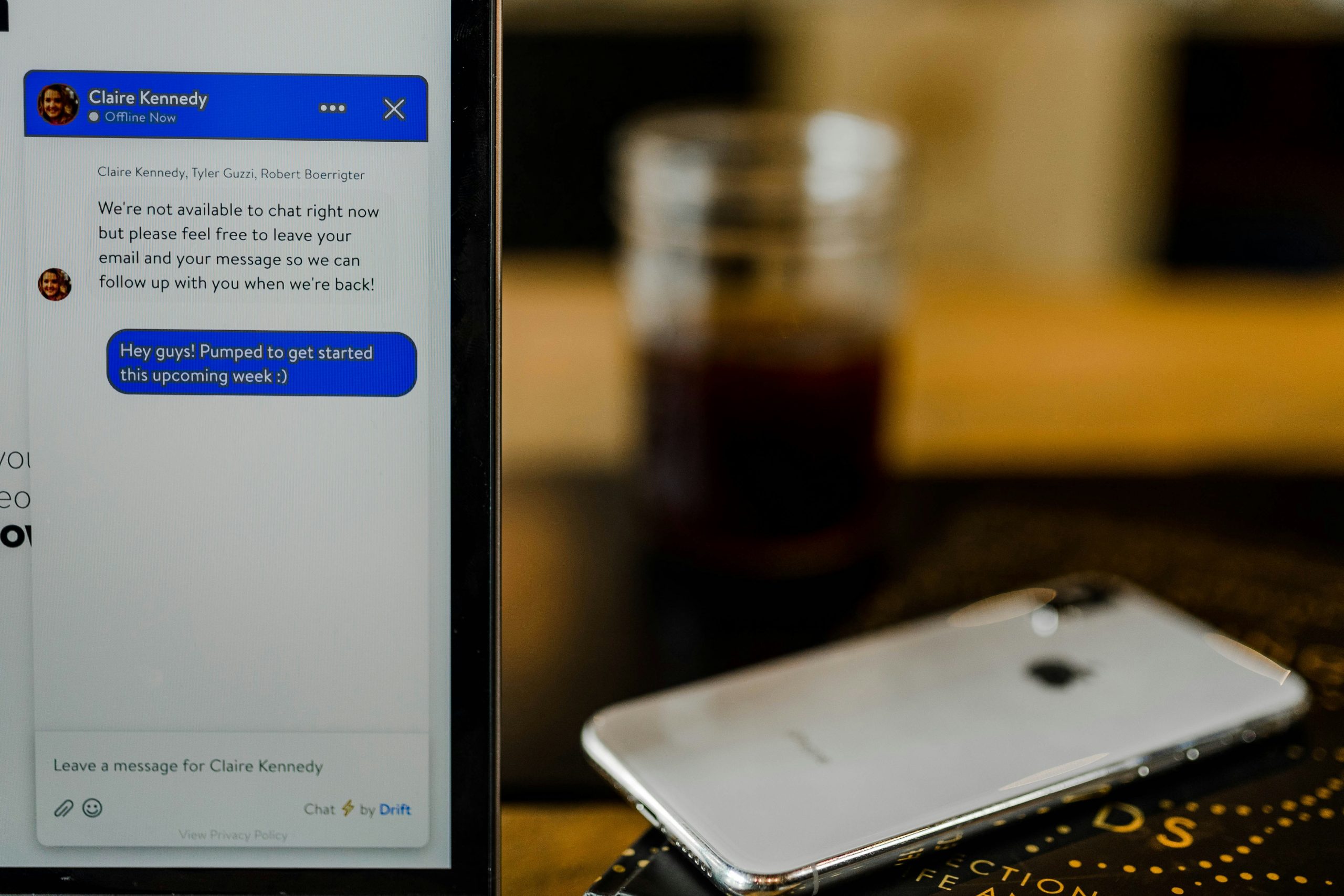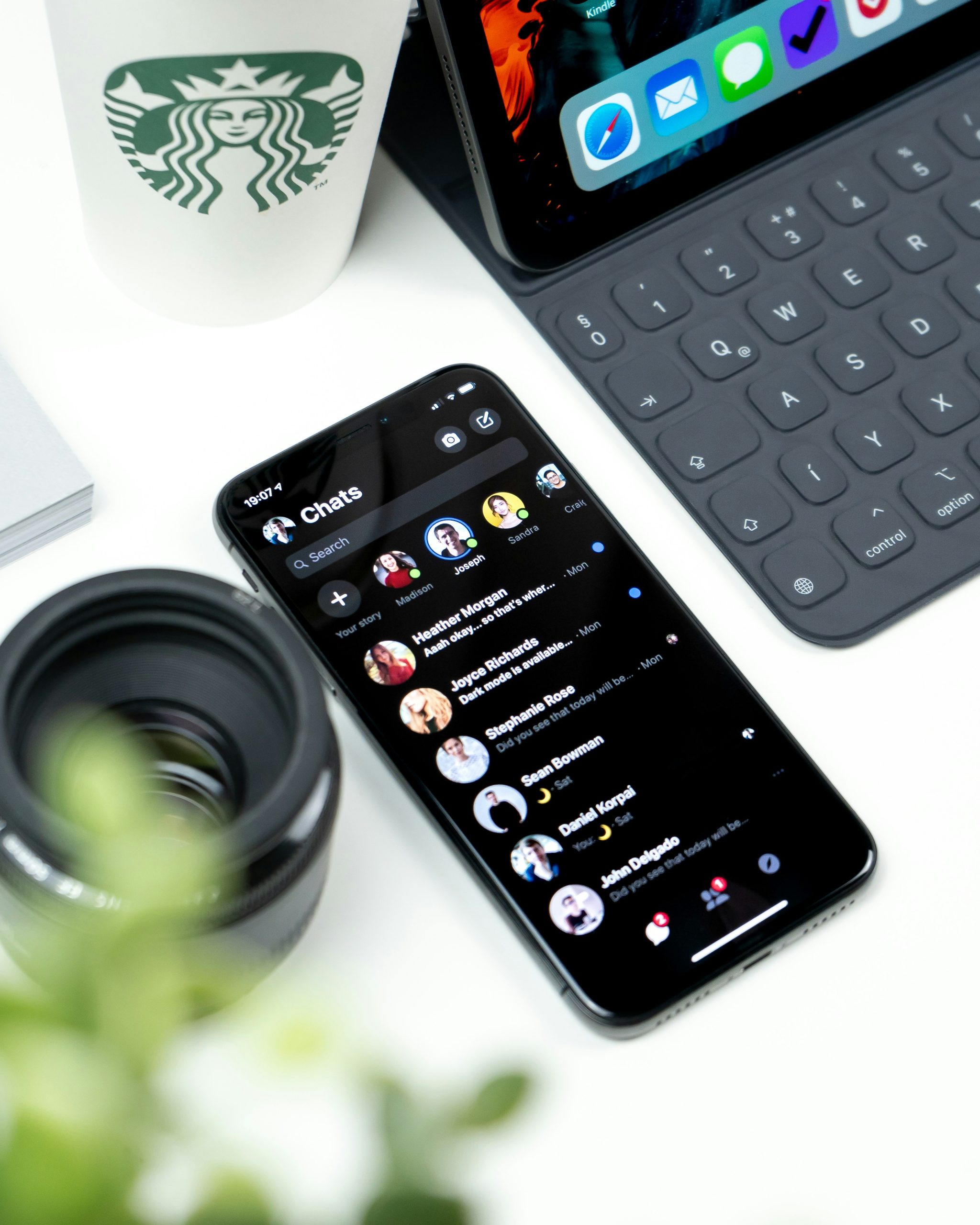Have you ever found yourself staring at your Messenger app, wondering why your messages seem to be met with deafening silence? The uncertainty of whether you’ve been blocked or simply ignored can be maddening. In the digital age where communication has become instantaneous and constant, the absence of a response can feel like a personal affront. Are they intentionally avoiding you, or are they just caught up in the whirlwind of life? This article aims to decode the cryptic world of Messenger etiquette and help you navigate through the murky waters of unanswered messages. So grab your device, buckle up, and let’s unravel the mystery together: have you been blocked or simply brushed aside on Messenger?
Understanding the differences between being blocked and ignored
Being blocked and being ignored are two common experiences in the realm of social media communication, particularly on platforms like Messenger. While both situations may lead to similar outcomes – being unable to reach a person or receive a response – the underlying reasons are vastly different. Being ignored often stems from various factors such as busyness, lack of interest, or even forgetfulness. It is a more passive form of disengagement, where the recipient chooses not to respond but does not actively prevent further contact.
On the other hand, being blocked carries a more definitive message. When someone blocks you on Messenger, it signifies a deliberate action taken by the person to restrict any form of communication with you. This can be due to disagreements, conflicts, or wanting to completely cut ties with an individual. The act of blocking serves as a physical barrier that prevents messages from going through and leaves little ambiguity about the sender’s intentions.

Signs of being blocked on Messenger
When you start noticing that messages to a particular person on Messenger consistently remain unread, it may be a sign that you’ve been blocked or ignored. Another indicator is the lack of profile picture updates or status changes from that individual. Additionally, if your calls go unanswered and there’s no response to any form of communication, it could hint towards being blocked. It’s important to consider the pattern of behavior rather than jumping to conclusions based on single instances of unresponsiveness.
Signs of being ignored on Messenger
Have you ever found yourself waiting for a response on Messenger only to be met with silence? If you’re wondering whether you’re being ignored, there are some telltale signs to look out for. One clear indicator is if your messages consistently show as sent but not delivered, suggesting that the recipient may have muted or blocked you. Another common sign is when they frequently take hours or even days to reply, showing a lack of interest in engaging with you promptly.
Moreover, if the person used to respond quickly and enthusiastically but suddenly becomes distant and unresponsive, it could be a red flag that they’re deliberately avoiding communication. It’s essential to pay attention to these subtle cues as they can provide insights into the dynamics of your relationship on Messenger. Rest assured that it’s okay to recognize when someone may not be prioritizing your interactions—it’s an opportunity for self-reflection and understanding personal boundaries in digital communication.

How to confirm if you’ve been blocked
One way to confirm if you’ve been blocked on Messenger is by checking the status update of the person in question. If their status appears as offline or inactive for an extended period despite being active on other social media platforms, it could be a hint that you’ve been blocked. Additionally, observe whether your messages show a single tick instead of double ticks, indicating that they have not been delivered or read.
Another method to confirm if you’ve been blocked is by trying to add the person as a friend again on Facebook. If your request is denied immediately or if you are unable to find their profile altogether, it could be indicative of being blocked. Take note also of any sudden disappearance from group chats and lack of interaction with mutual friends as subtle signs that you may have indeed been blocked. Remember, communication works best when both parties are willing participants – respect boundaries and understand that sometimes silence speaks louder than words.
How to respond if you’ve been blocked or ignored
If you find yourself in a situation where you’ve been blocked or ignored on Messenger, it can be tempting to dwell on the reasons why. However, it’s important to remember that everyone has their own reasons for their actions, and it may not always have to do with you personally. Instead of internalizing the situation, take a step back and focus on your own self-care. Engage in activities that bring you joy and surround yourself with supportive friends and loved ones.
It may also be helpful to reflect on your own behavior and communication style. Sometimes unknowingly we may come off as too intense or overwhelming, causing others to block or ignore us. Use this as an opportunity for self-improvement and growth. Additionally, if you feel comfortable, consider reaching out in a respectful manner to clarify the situation. Keep in mind that not everyone is obligated to respond or engage with you online, so practice patience and understanding in these types of situations.
![]()
Tips for improving communication on Messenger
Improving communication on Messenger can significantly enhance your relationships and interactions with others. One key tip is to pay attention to the tone and language you use in your messages. Being mindful of how your words may be received can help prevent misunderstandings and improve overall communication flow. Additionally, using emojis, gifs, or other visual cues can add a layer of expression that text alone may lack, making your messages more engaging and clear.
Furthermore, active listening plays a crucial role in effective communication on Messenger. Take the time to fully understand the other person’s perspective before responding, as this shows respect and consideration for their thoughts and feelings. Asking open-ended questions and seeking clarification when needed can also help ensure that both parties are on the same page during conversations on Messenger. By implementing these tips, you can foster better communication skills on Messenger and strengthen your connections with others.
Conclusion: Identifying and addressing communication issues
In conclusion, recognizing and dealing with communication problems is crucial in maintaining healthy relationships, whether virtual or face-to-face. It’s important to remember that misunderstandings can often lead to unnecessary conflicts, so taking the time to address any issues head-on is key. Transparency and open communication are essential in resolving conflicts and preventing them from escalating.
By being proactive in identifying and addressing communication issues, you show respect for the other person’s feelings and demonstrate your willingness to work towards a resolution. Remember that effective communication is a two-way street, requiring both parties to listen actively and empathize with one another. Instead of jumping to conclusions or making assumptions about being blocked or ignored on Messenger, it’s always better to initiate an honest conversation to clarify any misunderstandings.
